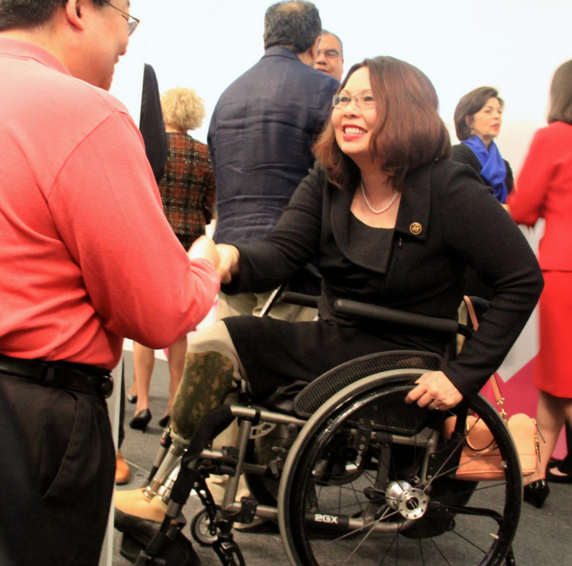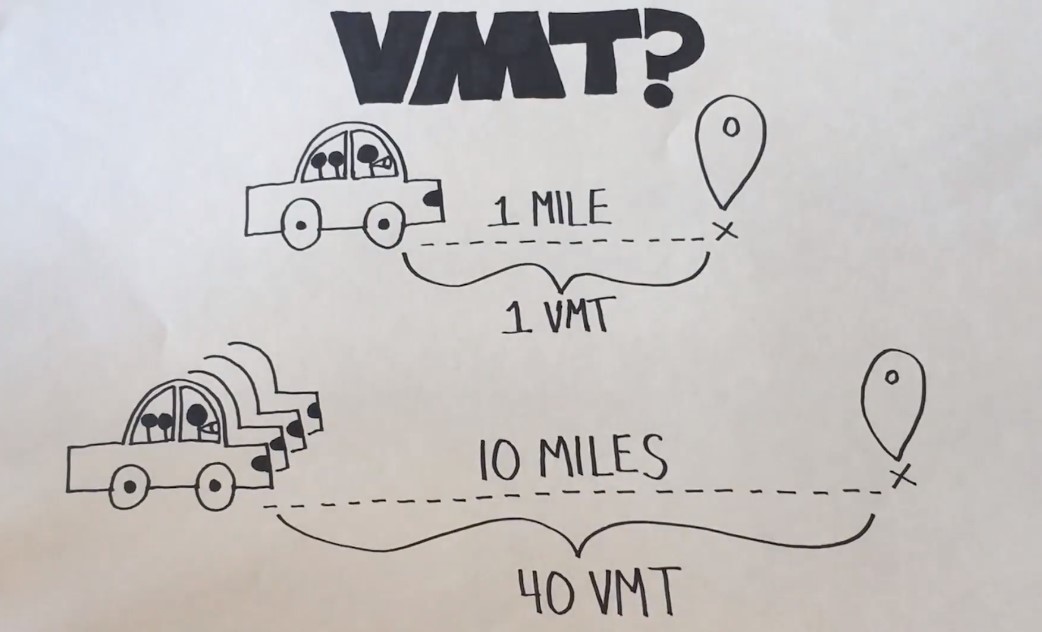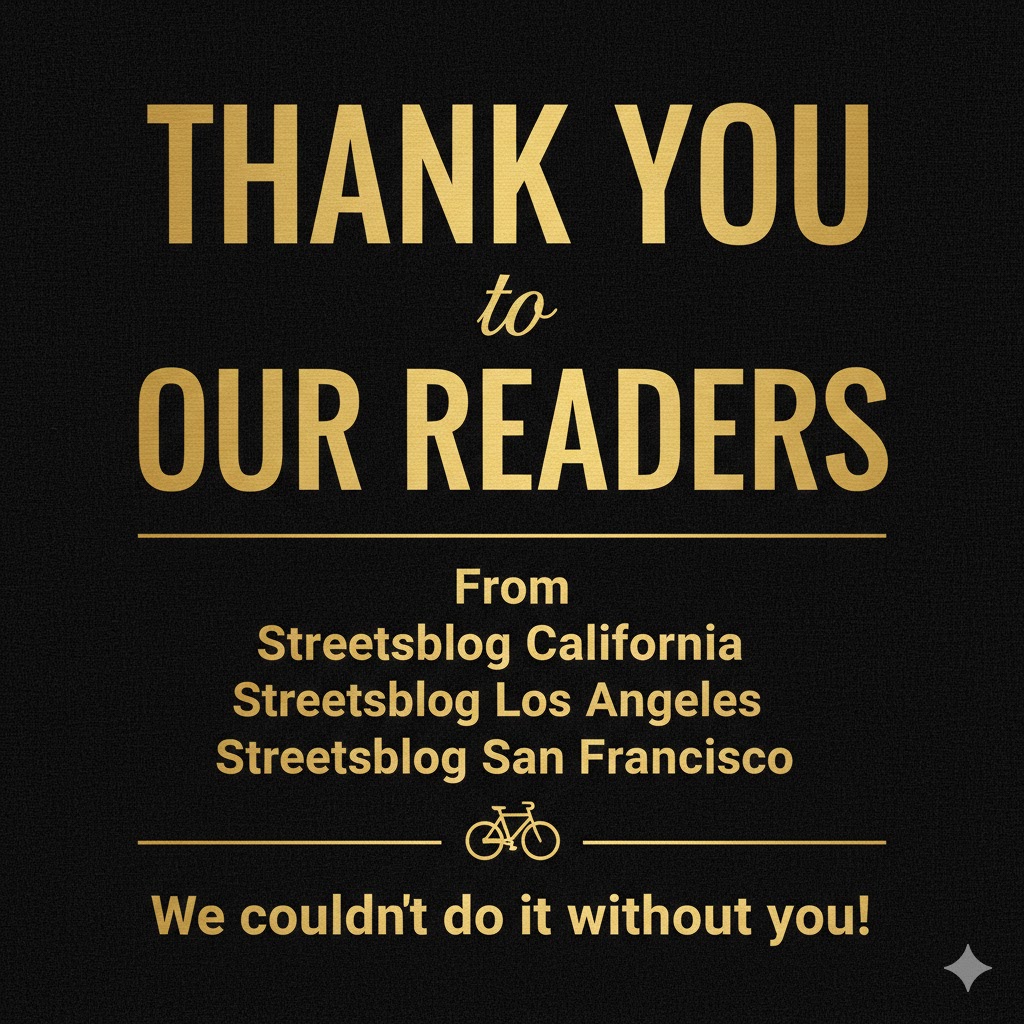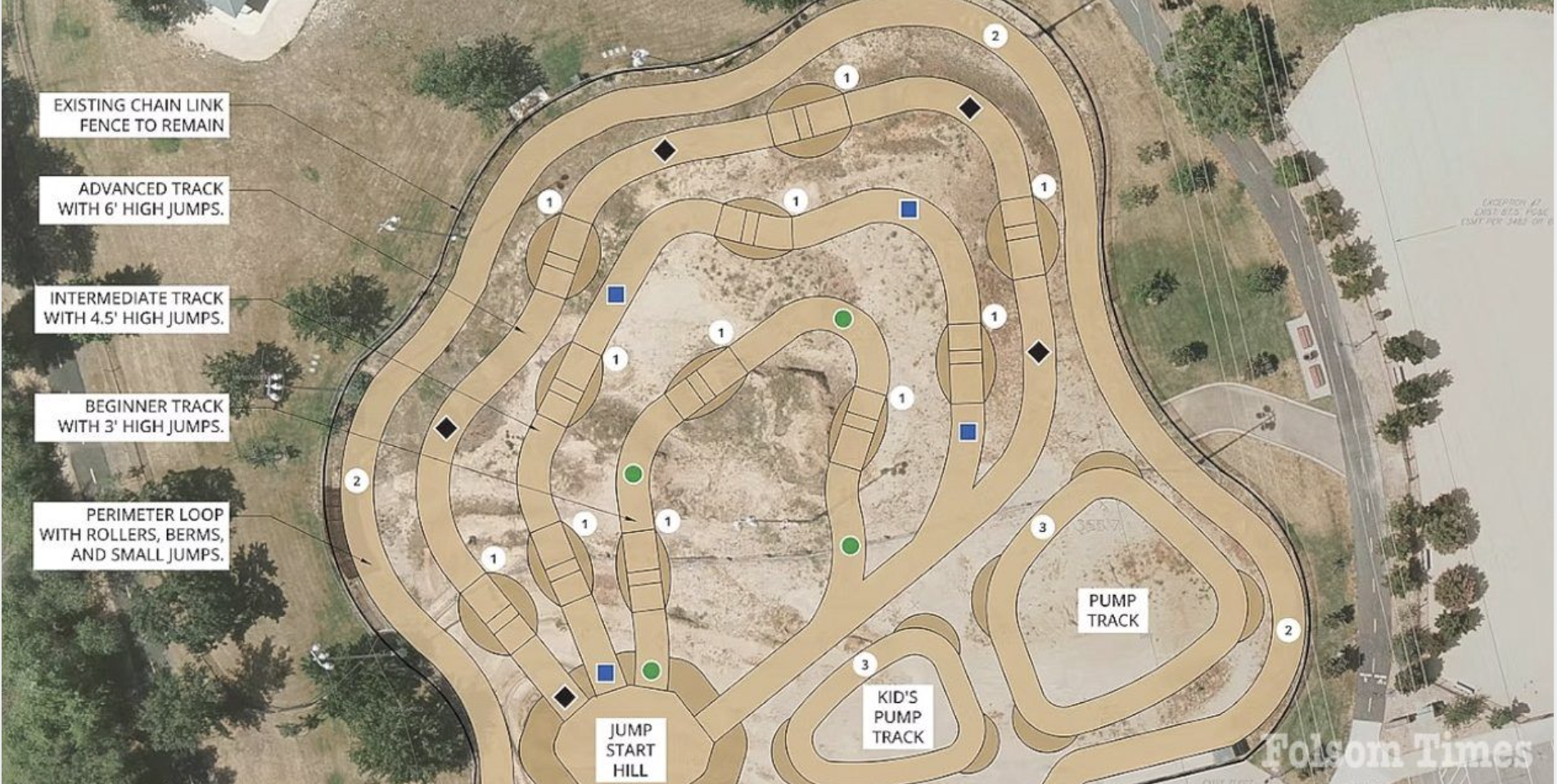It's glass half-full time.
Transit advocates were pleased that the $1.2-trillion infrastructure package that passed Congress late last week allocated $39 billion for public transit, though that historic investment was dwarfed by the equally historic $110 billion for highway construction and repair — which is why National Resources Defense Council CEO Manish Bapna said the Biden Administration won't "confront the climate crisis...[unless] Congress enacts the historic clean energy investment in the [forthcoming] Build Back Better Act without delay."
Still, advocates are taking solace in a handful of provisions that will at least make the buses and trains America will get more accessible, equitable and green. Here are some of the highlights:
Accessibility for all transit stations
People with disabilities are among the heaviest users of American transit systems, but many of the stations they rely on aren't comprehensively accessible — especially when it comes to aging legacy networks in cities like Chicago, New York and Washington D.C.
That will start to change with the passage of Sen. Tammy Duckworth's (D-Ill.) signature All Stations program, which will devote $1.75 billion specifically to retrofit stations and provide the new infrastructure that people with mobility challenges need most. Those changes will include physical improvements, like fixing elevators that constantly break, stranding people who struggle with stairs, as well as digital upgrades, like creating new apps and wayfinding services for people with cognitive challenges.
The Federal Transit Administration estimates that almost one-fifth of transit stations aren't accessible today.
"We’ve come a long way since the ink dried on the Americans With Disabilities Act 30 years ago," Duckworth said in an interview with Streetsblog following the passage of the bill. "But we’re entering into a phase where we’re only going to see the disability community grow as baby boomers age. We wanted to make sure that we got ahead of that demographic shift, while also fulfilling the promises made by the ADA three decades ago."
Duckworth's contributions to the bill also secured a permanent spot on Amtrak's board for a disability expert who will fight to make intercity rail fully accessible too — and she's standing at the ready to make sure every other multimodal dollar promised in the bipartisan deal is spent with the needs of the disability community in mind.
"When we go in and we make these significant investments under the [bipartisan bill], and we put all of this money into upgrading our roads and our rail, we also need to make them truly accessible so people can transfer between different modes of transportation easily," added Duckworth.
Cleaner buses — especially for kids
Their share of the bipartisan deal shrank from $20 billion throughout negotiations, but America's school communities did nab $5 billion to replace their diesel-blenching transportation fleets with electric alternatives, making progress on a goal that's long been a pet issue of Vice President Kamala Harris.
Our Bipartisan Infrastructure Deal will put people to work in good union jobs—expanding broadband, fixing lead pipes, manufacturing electric school buses, and so much more. It’s time to get to work, America.
— Vice President Kamala Harris (@VP) November 6, 2021
Experts say that will have an immediate impact on the health of America's children and anyone who lives near a yellow bus route — even if the money isn't as generous as they'd initially hoped.
"The investments in this bill are a first step towards transitioning the nation’s school bus fleet to electric buses," said Harold Wimmer, President and CEO of the American Lung Association. "Ultimately, $20 billion is needed, and we’re glad Congress is putting a down-payment on that goal. [But] for Congress to truly invest in a healthier future, it must also act urgently to pass the Build Back Better Act."
School districts and the private bus companies that serve them probably won't receive much more direct aid as part of the infrastructure law's companion bill, but will undoubtedly benefit from the $110 billion in investments and incentives for the industry that produces e-buses, hopefully driving down costs and making it more feasible for communities to go green without federal grants as their buses age out of the fleet.
The White House also noted that the bill will provide more than $5 billion in funding for public transit agencies to adopt low- and no-emissions buses — which could push demand for the technology even further while Congress works to pass separate legislation to someday make every transit vehicle fossil-fuel-free.
A little bit for equitable transit (with more to come)
Another worthy program that was nearly liquidated by Senate negotiators was the Reconnecting Communities pilot, which will provide federal assistance to cities considering removing, bridging or otherwise addressing the damages of interstates that tore apart primarily BIPOC communities during the urban renewal era and beyond.
At just $1 billion, it won't make much of a dent in the vast and deeply racist impacts of the highway system, but transit projects are eligible for part of the funds — as they are for a few other pots of transit money like the $7.5 billion RAISE grant program, over which Secretary Pete Buttigieg and his colleagues will have sole discretionary authority. Considering Buttigieg's recent comments on the "racism that went into the design choices" of many U.S. roadways, advocates are cautiously optimistic that he'll send those transit dollars to the communities that need them most. (The law itself requires the feds to "give priority to an application from a community that is economically disadvantaged.")
Transportation @SecretaryPete: " If an underpass was constructed such that a bus carrying mostly Black and Puerto Rican kids to a beach, [...] in New York was designed too low for it to pass by, that that obviously reflects racism that went into those design choices." pic.twitter.com/0XWkDZehYM
— The Hill (@thehill) November 8, 2021
Equitable transit could get even more money if the Build Back Better Act passes, which includes a further $3.95 billion for the Neighborhood Access and Equity Grant program, an initiative similar to Reconnecting Communities that's even more likely to be invested into mobility initiatives like mass modes, rather than other projects like highway removal.
Build Back Better also includes $9.9 billion for a new Affordable Housing Access program, which is widely seen by advocates as a corrective for the transit sector's bigger losses during the lengthy sausage-making process that resulted in the final version of the reauthorization act. Even better, that program is specifically targeted at increasing underserved communities’ access to homes, jobs, and services, a move which Ben Crowther of Congress for the New Urbanism said made it "even more worthy of support” than the all-purpose FTA funds in the initial bill.
But with the passage of the transportation reauthorization bill, some fear that progressives have lost the last bit of leverage they had left to sway centrist holdouts within their party and pass the far-more-visionary reconciliation measure — unless the two senators at the center of the fracas hear advocates' pleas.
"The Build Back Better Act makes transformative investments that will invest in climate solutions and lower everyday costs, and they are paid for by making the wealthiest Americans and big corporations — that earn billions in profit while paying nothing in taxes — finally pay their fair share," said Patrick Gaspard, president and CEO of the Center for American Progress. "While today we take a significant step forward, no thriving 21st-century economy can sustain the social and economic injustices and inefficiencies of centuries past, nor can they look the other way in the face of fundamental threats like climate change. The only way for Congress to redress these wrongs is to send both of these bills to the president’s desk."






